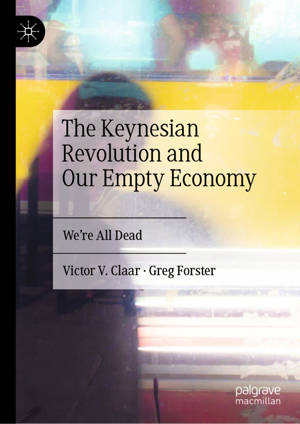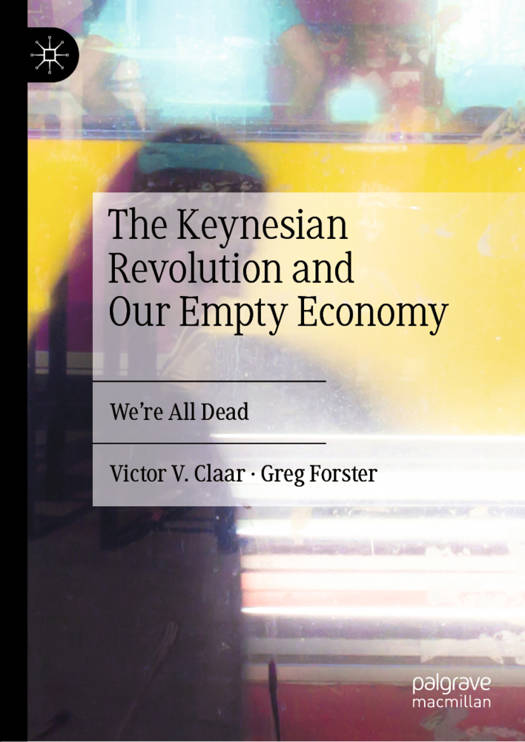
- Afhalen na 1 uur in een winkel met voorraad
- Gratis thuislevering in België vanaf € 30
- Ruim aanbod met 7 miljoen producten
- Afhalen na 1 uur in een winkel met voorraad
- Gratis thuislevering in België vanaf € 30
- Ruim aanbod met 7 miljoen producten
The Keynesian Revolution and Our Empty Economy
We're All Dead
Victor V Claar, Greg ForsterOmschrijving
This book considers the cultural legacy of the Keynesian Revolution in economics. It assesses the impact of Keynes and Keynesian thinking upon economics and policy, as well as the response of the Chicago and Austrian schools, and the legacy of all three in shaping economic life. The book is a call to restore economics to its roots in moral and cultural knowledge, reminding us that human beings are more than consumers. The Keynesian Revolution taught us that we should be happy if we are prosperous, but instead we feel hollow and morally anxious - our economy feels empty. Drawing on paradigms from earlier historical periods while affirming modern market systems, this book encourages a return to a view of human beings as persons with the right and responsibility to discover, and do, the things in life that are intrinsically good and enduring. Because in the long run, the legacy of our choices will continue long after "we're all dead."
Specificaties
Betrokkenen
- Auteur(s):
- Uitgeverij:
Inhoud
- Aantal bladzijden:
- 345
- Taal:
- Engels
Eigenschappen
- Productcode (EAN):
- 9783030158071
- Verschijningsdatum:
- 31/05/2019
- Uitvoering:
- Hardcover
- Formaat:
- Genaaid
- Afmetingen:
- 148 mm x 210 mm
- Gewicht:
- 585 g

Alleen bij Standaard Boekhandel
Beoordelingen
We publiceren alleen reviews die voldoen aan de voorwaarden voor reviews. Bekijk onze voorwaarden voor reviews.











